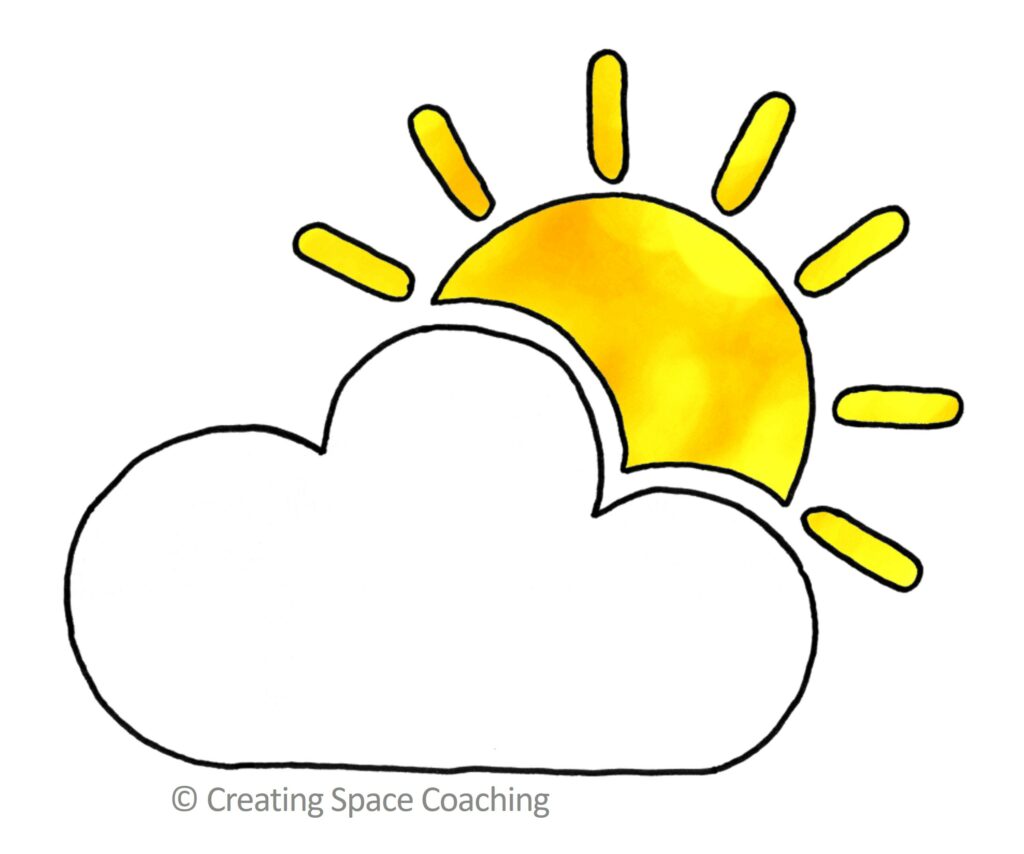
A few days ago, I came across a facebook post by a friend of mine about a news story on the abuse that weather forecasters were now receiving online. That in itself makes me shake my head in disbelief and wish there was less hatred in the world, but what really caught my interest were the comments made below the post, where people shared their frustrations about weather reporting.
I have to admit that I never paid very close attention to the delivery of weather forecasts. Obviously, the actual weather is the main interest, and there might be a few other side curiosities around the person delivering the information.
What I had never really considered before and what several people in the facebook comments thread were raising was the language in which the information was presented: namely the use of qualifiers. Sunny and dry weather is described as “good weather”. Wet weather is described as “bad weather”.
Now, this judgment of sunny=good and rain=bad might very well fit with our own opinion of what constitutes a fine day, but it is not necessarily a universally adopted viewpoint.
Farmers, for example, are quite desperate for rain after a long dry spell. We are currently experiencing particularly sunny and hot weather in the UK and with hose pipe bans looming on the horizon, many gardeners will also be hoping for some wet weather to revive their plants. In this case, sun and warmth is not considered as “good” by farmers worried about their crop and gardeners watching their lawns turn to yellow.
The reason why this thread of comments stopped me in my tracks was because this was language that I had heard all my life and used myself, and it had never occurred to me to question in.
So with this comes the natural next question, which is what other language am I using that conveys judgment and opinions without me noticing it?
I don’t often read social media spats and diatribes, but perhaps looking beyond the polarized nature of many of them, they offer an opportunity to look at things differently, just like this story did for me.
How could you expand your views beyond your own beliefs and notice when judgment creeps into your language?
